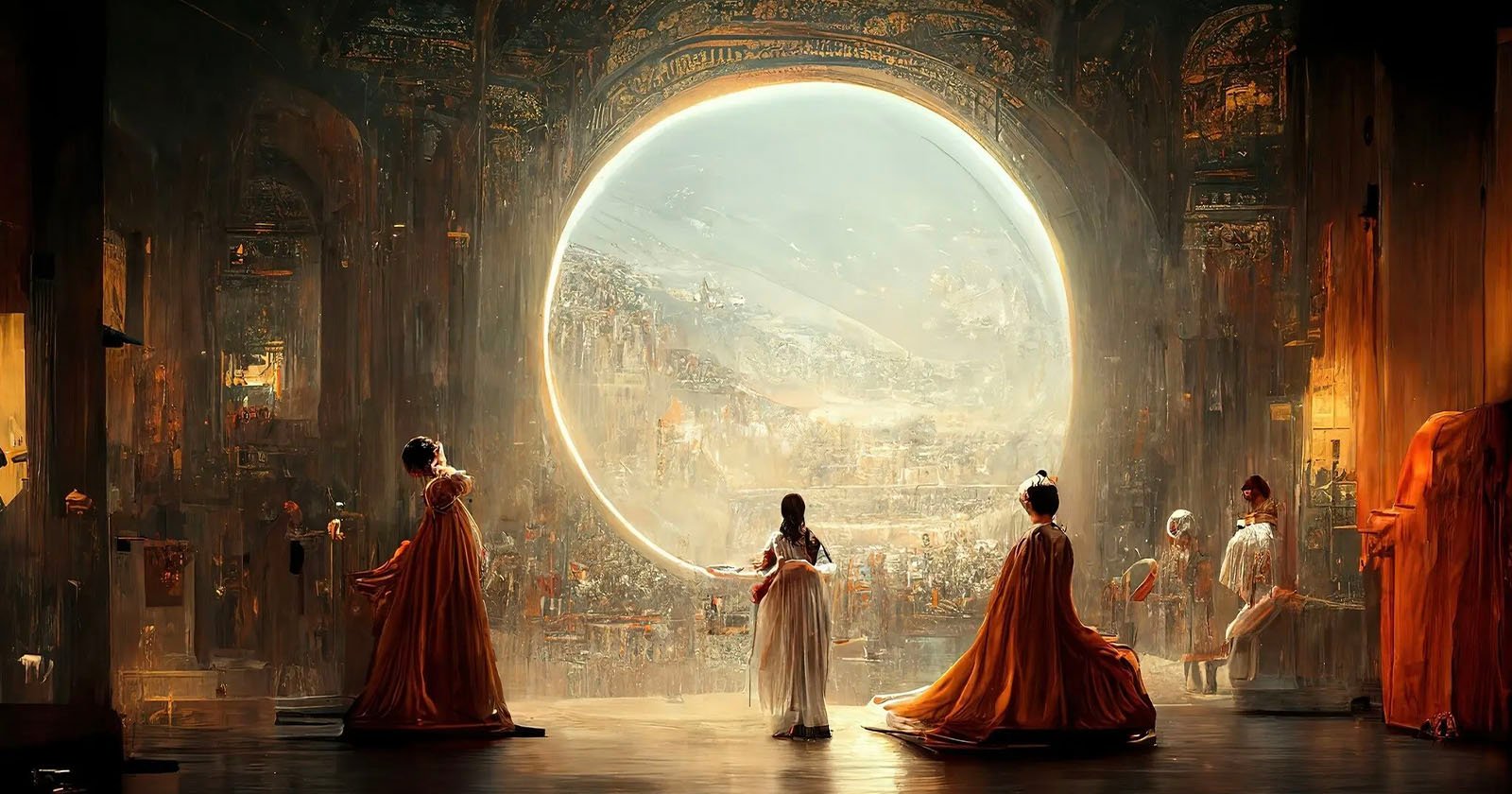An artist who infamously duped an art contest with an AI image is suing the U.S. Copyright Office over its refusal to register the image’s copyright.
In the lawsuit, Jason M. Allen asks a Colorado federal court to reverse the Copyright Office’s decision on his artwork Theatre D’opera Spatialbecause it was an expression of his creativity.
Reuters says the Copyright Office refused to comment on the case while Allen in a statement complains that the office’s decision “put me in a terrible position, with no recourse against others who are blatantly and repeatedly stealing my work.”



I wouldn’t claim to have created that. I didn’t exert my intent. However, if my intent were to show the art of the natural world by allowing the wind to paint on a canvas, that would qualify as art, and could be copyrighted.
You can, if it is your intent. I just finished arguing this point on another part of this thread, but Jackson Pollock and Damien Hirst are two examples of this. They both relinquish their tools to “randomness” and have had their works copyrighted. Control doesn’t matter. Intent matters.